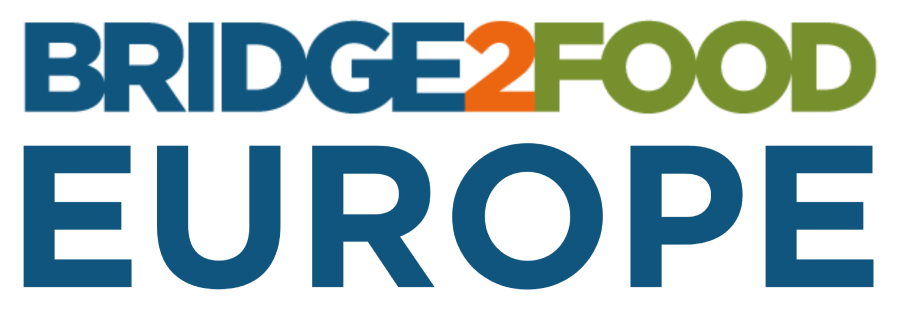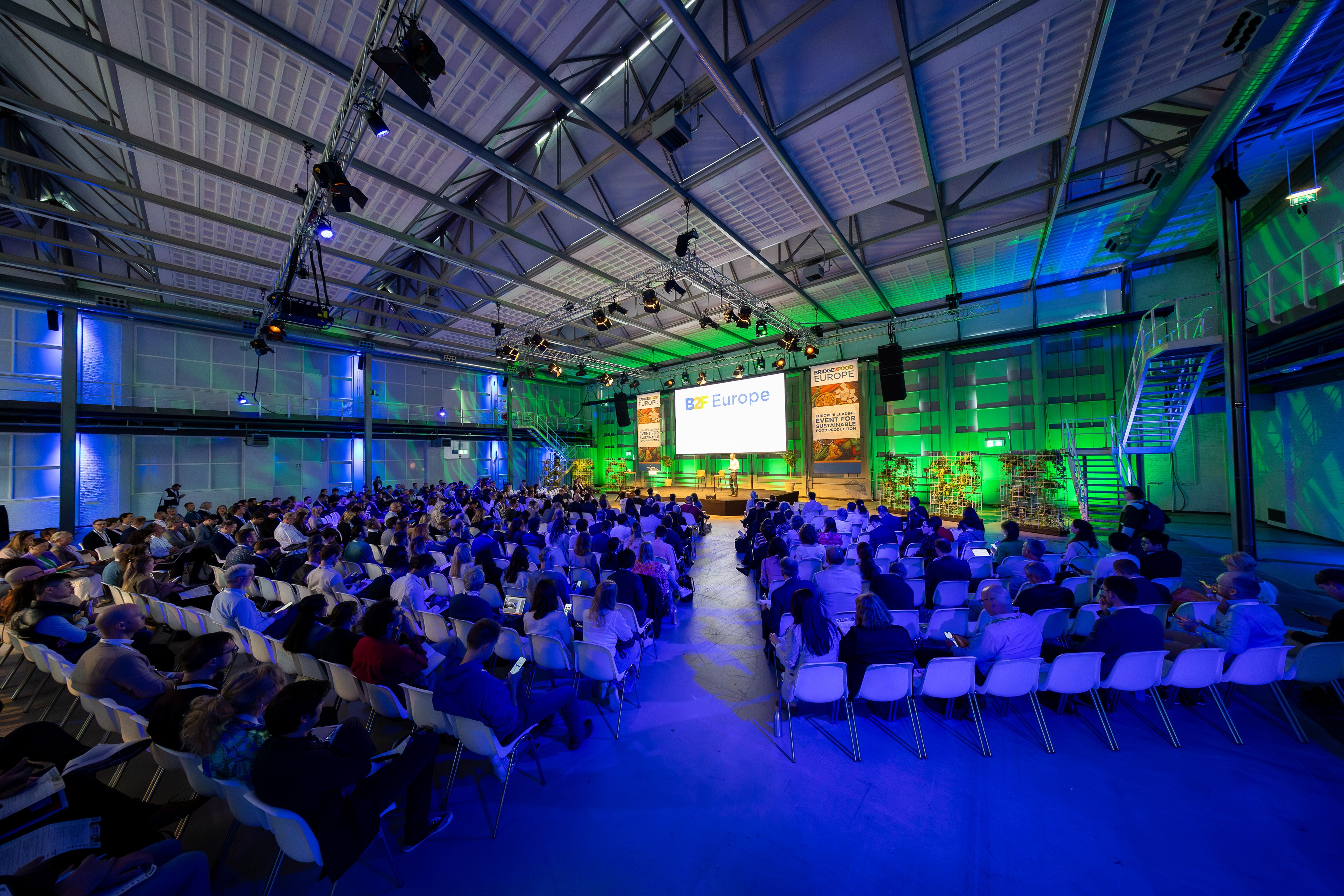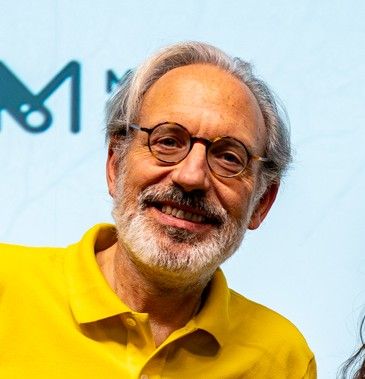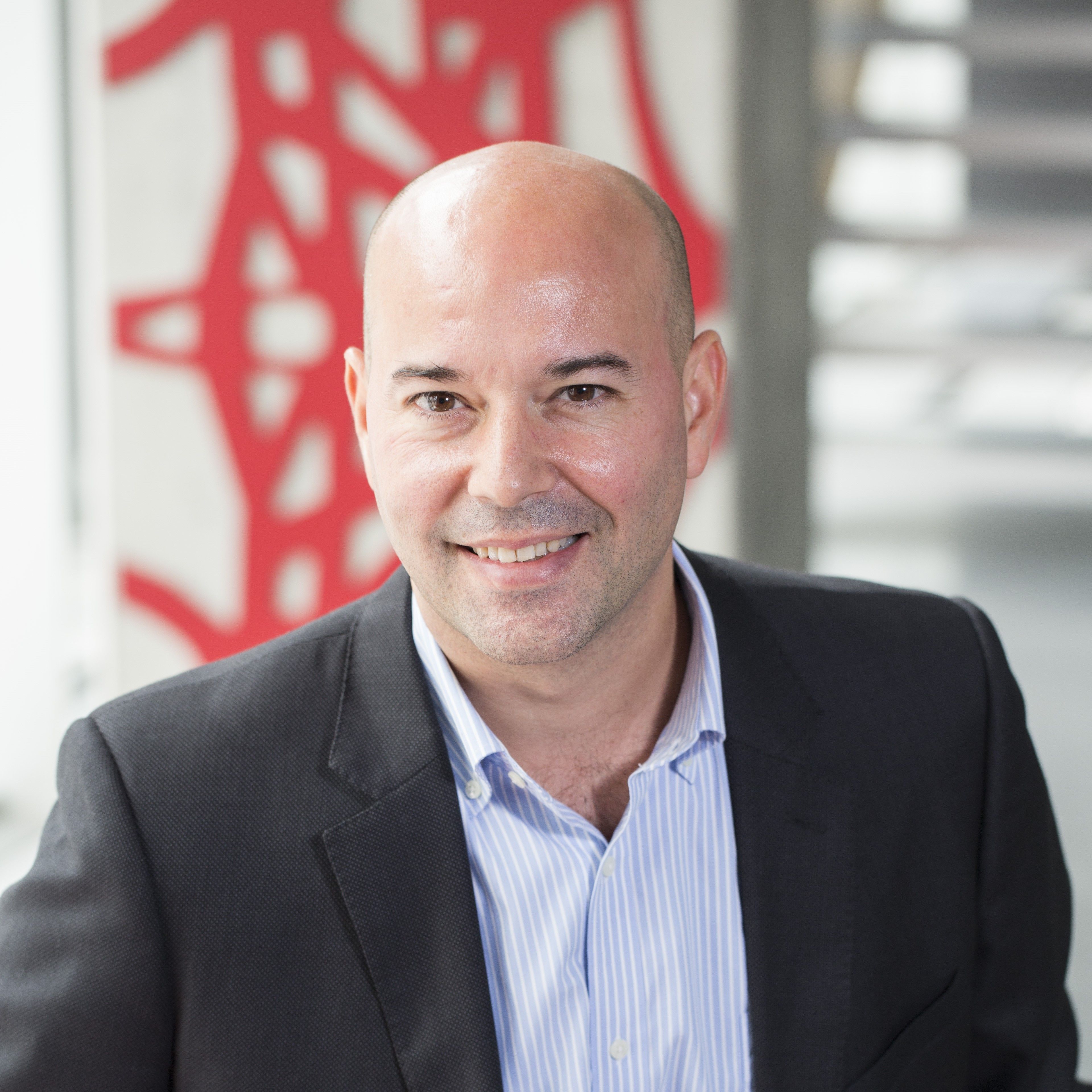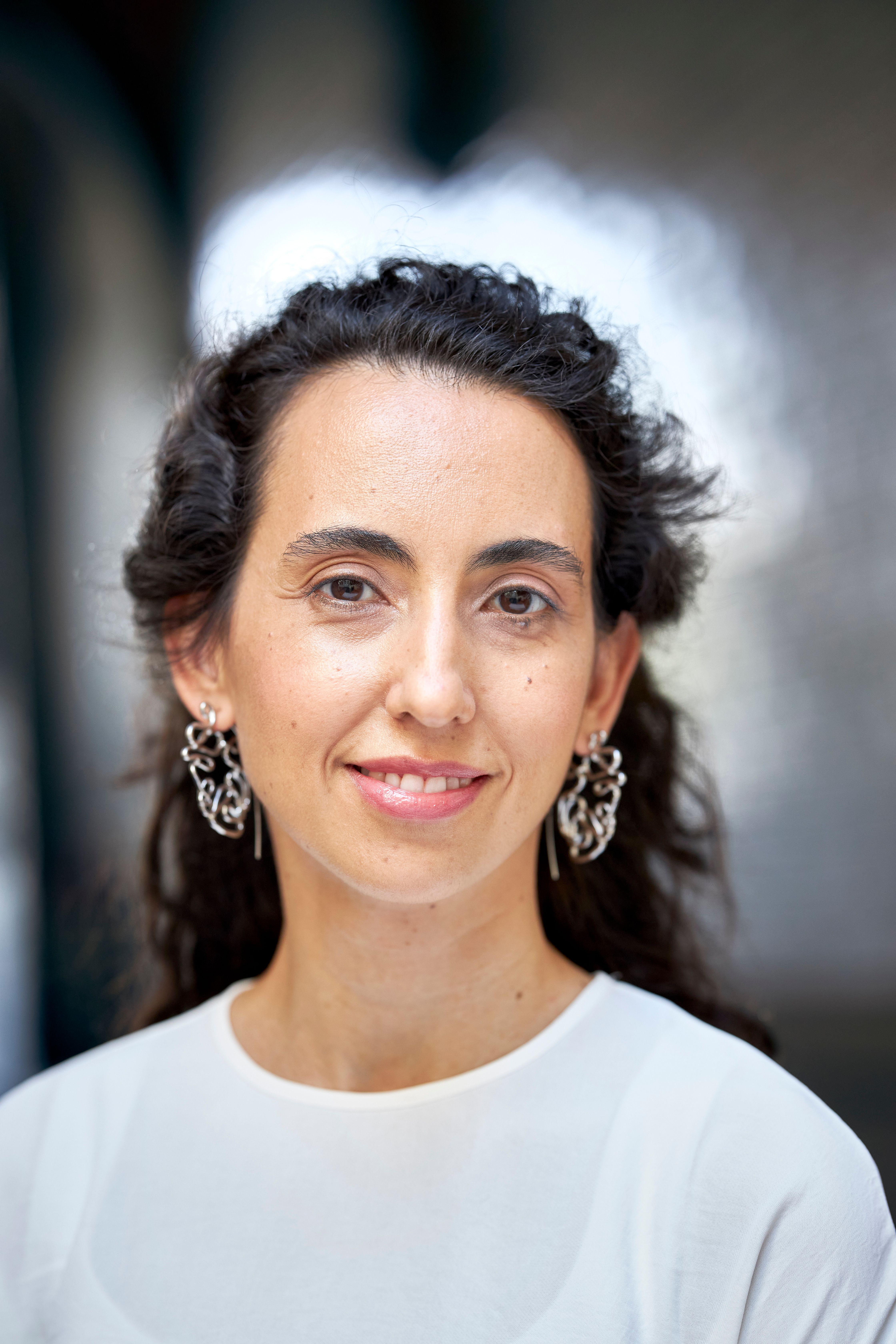Plenary - Breakthrough Innovation AM
Innovation AM will spotlight breakthrough scale-ups and academic projects.
- A New Era in Natural & Fermented Ingredients for Clean-Label Foods - Erik d'Auchamp - Ferm Food
- Leveraging Microalgae for Cleaner and more Nutritious Plant-Based Offerings - Hugo Valentin, Edonia
Edonia transforms microalgae into delicious, textured ingredients for the food industry.
Their ready-to-eat fluffy spirulina grains are a clean-label superfood designed to replace ground meat or enrich a wide range of recipes — from sauces to snacks. Rich in protein and iron, they combine performance, taste and naturalness.
Thanks to their pilot plant in France, Edonia can already supply at scale and is launching co-developments with selected partners.
Come discover how spirulina can finally be used in real food — and why it might just be your next clean innovation driver.
- The Power of Microorganisms to Produce High-Quality Proteins - Luísa Cruz, MicroHarvest
- Leading the Upcoming Microbial Revolution - Thomas Bibette, REVOBIOM
- How to Think like a Fungus, Or, The Versatility of Biomass Fermentation Tech - Christopher Snyder, Nomy
- How One-Step Plant Protein Production Unlocks Better Taste, Texture, and Affordability - Dr. Pekka Lehtinen, Happy Plant Protein
- How the Fibers in Our Food Waste can Change the World - Aviaja Riemann-Andersen, Agrain
Many side streams carry a hidden treasure, fibers. Combinations of fibers, some soluble some not soluble. Fibers are super important for our health, for our wellbeing, and ultimately for our global health expenditures. In our food system today we often produce food that discards the fibers and leave them behind in the waste. One of the biggest waste streams in the food industry is Brewers Spent Grains, 40 mio ton is produced by breweries globally every year. 50% of this is fiber.
-
Using Robotics, AI and Biotech to Liberate Extraordinary Value for Planters, Producers, People and Planet - Mark Evans, Upp Farm
UPP exists to solve two of the world’s food related challenges: Where the sustainable alternatives to animal-derived protein will come from, and addressing the challenge of disappearing farm labour and the resulting food security issues. We supply food producers with healthy, hypoallergenic, nutritionally-dense, vegan food ingredients with low CO₂ and low food-miles. We use great vegetables grown in Europe that would otherwise be wasted and turn them into ingredients for amazing, healthy foods that can be either vegan, vegetarian or 'hybrid'. We improve farm profitability by reducing the cost-of-harvest, overcoming labour shortages and sharing the previously unrealised value of the sidestream. We improve European food security by displacing overseas grown alternative proteins such as soy and pea. We are 'planet positive'. Learn more at www.upp.farm.
- Fueling Innovation: How Entrepreneurial Thinking Can Drive Competitiveness - Dr. Stella Spanou, Aarhus University
In today’s rapidly evolving food systems landscape, innovation is no longer a luxury—it’s a necessity. The Global Food Venture Programme (GFVP) empowers the next generation of deep tech food innovators by equipping PhDs with entrepreneurial mindsets, tools, and networks to translate research into real-world impact. This presentation shares key best practices from GFVP on bridging academia and industry, fostering co-creation, and accelerating science-based entrepreneurship.
Call to action:
If you're an industry leader committed to staying competitive, consider onboarding your PhD talent into the GFVP training programme. We also welcome industry partners to co-create with us by providing real-world challenges for our PhD bootcamps, held annually each June. Let’s shape future-ready innovators—together.
- GIANT LEAPS: We Need Your Data (to define healthy and sustainable future diets) - Dr. Paul Vos, Wageningen University & Research
- HealthFerm - Innovative Pulse and Cereal-Based Food Fermentations for Human Health and Sustainable Diets - Kristof Brijs, KU Leuven
Food fermentation has been used for millennia, but our knowledge of the impact of fermented foods on human health and the possible role of gut microbiota in it is limited. Microbial consortia and fermentation processes are, hence, not designed for optimal health outcomes. At the same time, fermentation technology represents a major opportunity to increase the incorporation of plant-based proteins in diets.
The multi-actor consortium HealthFerm brings together first-class researchers, food companies, and dissemination partners to enable the transition from traditional to sustainable grain-based fermented foods and diets that deliver health benefits to consumers by design. This will be achieved by (1) disentangling the interaction between food fermentation microbiomes, grain-based foods, and the human gut microbiome and health and (2) using microbial resources and fermentation technology to develop healthy pulse and cereal-based food and diets that cater to the desires and needs of EU citizens. Drawing from a community science approach, HealthFerm will identify micro-organisms and metabolic pathways that may result in desired nutritional and health effects. The impact of microbial fermentation on raw materials will be examined at the molecular level. Fermentation technology will be used in the production of grain-based liquid and (semi-)solid foods. The impact of these foods on human health and the gut microbiome will be assessed in a number of intervention trials. Consumer acceptance of fermented foods, their technologies, and their role in the transition towards a more sustainable healthy diet will be studied in different social contexts.
